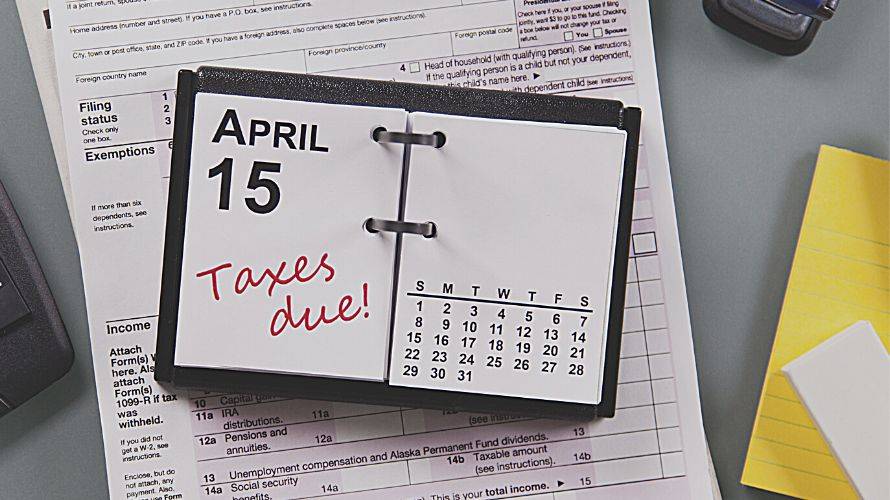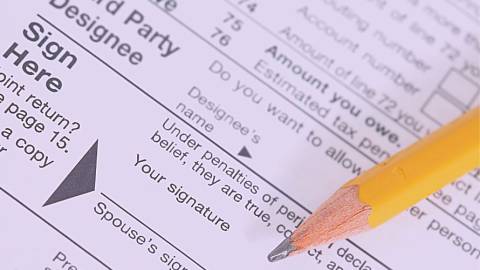2023 IRS Form 1041 Instructions

Hey there, fellow readers! Tax season is upon us, and I know it can be a bit confusing. So, I'm here to help you understand one of the tax forms you might come across – the federal income tax form 1041. In this easy-to-understand guide, I'll explain its purpose, important details to consider, and how to avoid common mistakes. So, let's dive in and decipher the 2023 Form 1041 instructions together!
Understanding Form 1041 and When to Use It
First things first, what is IRS Form 1041? Simply put, it's a tax document used by estates and trusts to report their income, deductions, gains, and losses. It's also used to figure out the income distribution deduction for beneficiaries. So, if you're a trustee or executor of an estate, you might need to fill out IRS Form 1041.
Now, when do you need to use it? You'll need to file IRS Form 1041 if any of the following apply:
- The estate or trust had a gross income of $600 or more during the tax year.
- There is a beneficiary who is a nonresident alien.
- The estate or trust had any taxable income for the year, even if it was less than $600.
Working With Form 1041: Instructions for 2023
When working with the printable 1041 tax form for 2023, it's essential to keep these details in mind:
- Make sure you have all the necessary information, including the employer identification number (EIN) for the estate or trust, as well as the beneficiaries' names and Social Security numbers.
- Be thorough in reporting all income, deductions, and credits. Don't forget to include any income that was distributed to beneficiaries.
- Remember to calculate the income distribution deduction carefully, as it can reduce the amount of taxable income for the estate or trust.
- Check the due date for filing the 1041 copy, which is generally April 15th for calendar year estates and trusts. If you need more time, you can request an extension with the 7004 application.
Avoiding Common Mistakes While Completing Form 1041
No one likes making mistakes, especially when it comes to taxes. Here are some common errors people make when completing IRS Form 1041 and tips to help you avoid them:
- Double-check all the information you enter with tax form 1041 instructions. Check EINs and Social Security numbers. Incomplete or incorrect information can lead to processing delays or even penalties.
- Take your time when calculating figures for your IRS Form 1041. If you're not confident in your math skills, consider using tax software or consulting with a financial professional.
- Mark the due date on your calendar and make sure to submit your sample before the deadline. If you need more time, remember to file an extension using the 7004 copy.
- Review the 1041 tax form instructions carefully to ensure you're taking advantage of all the deductions and credits available to the estate or trust.
Latest News
-
![Tax Form 1041- Printable PDF Guide]()
- 11 April, 2023
-
![Estates Tax Return Form 1041]()
- 7 April, 2023


